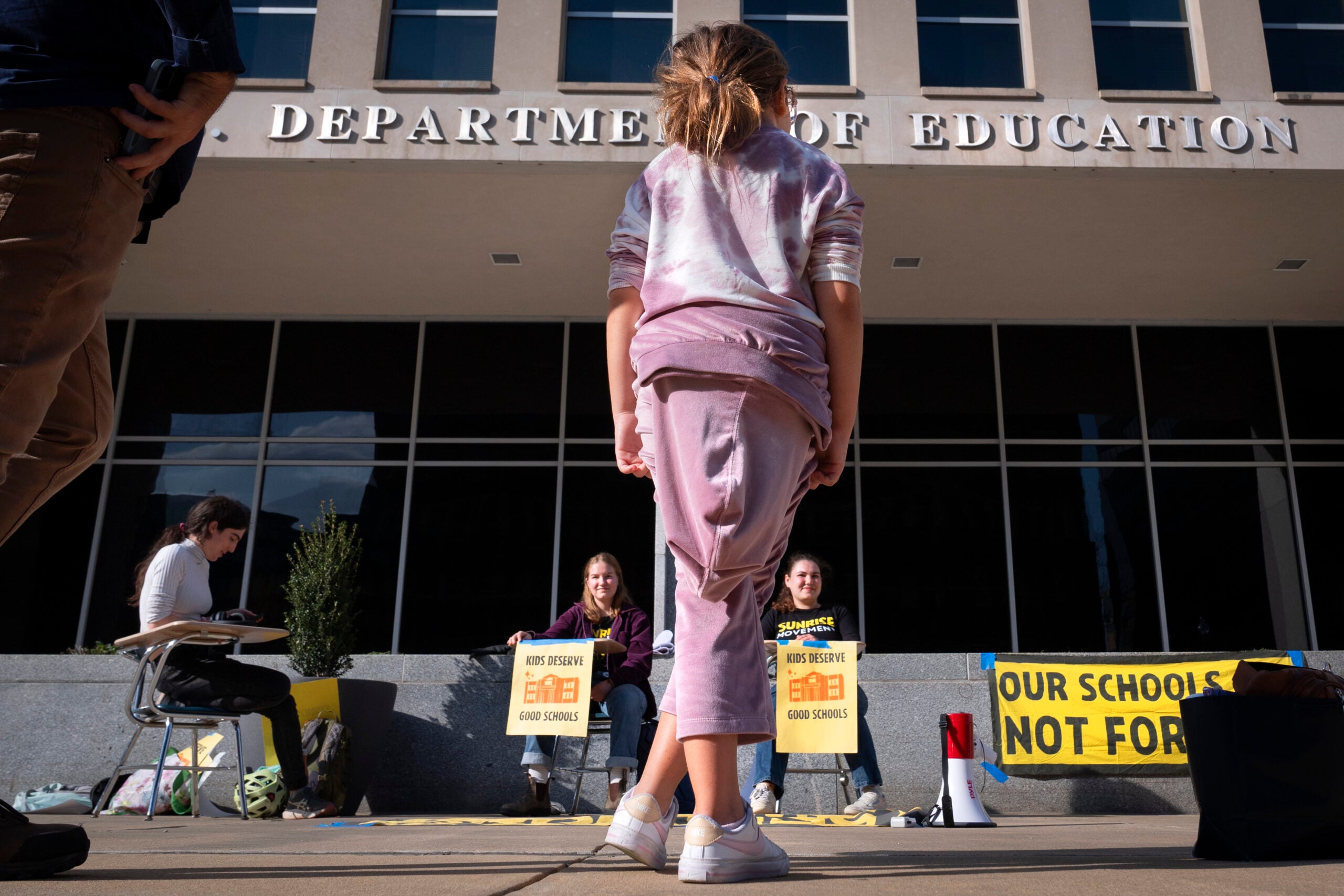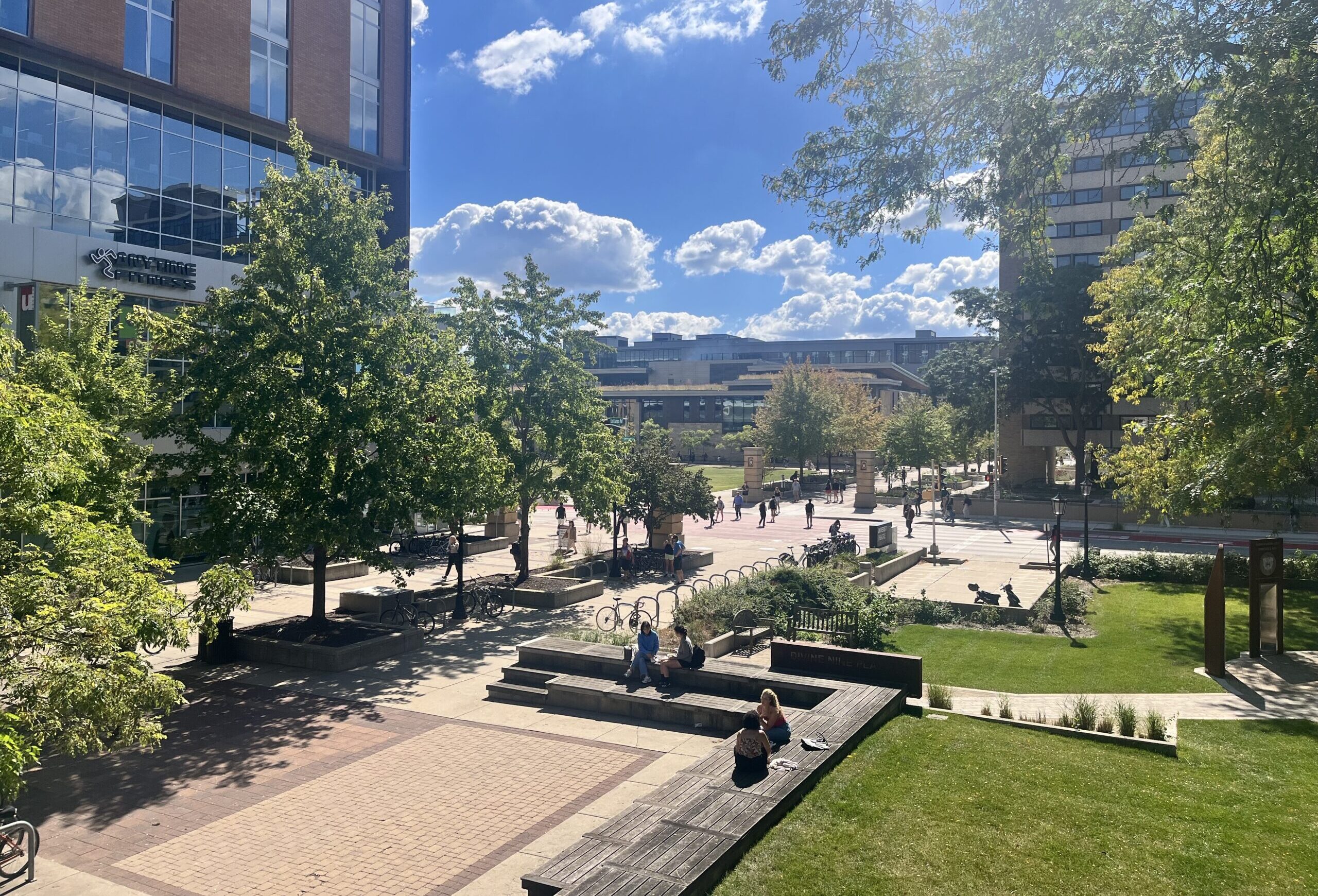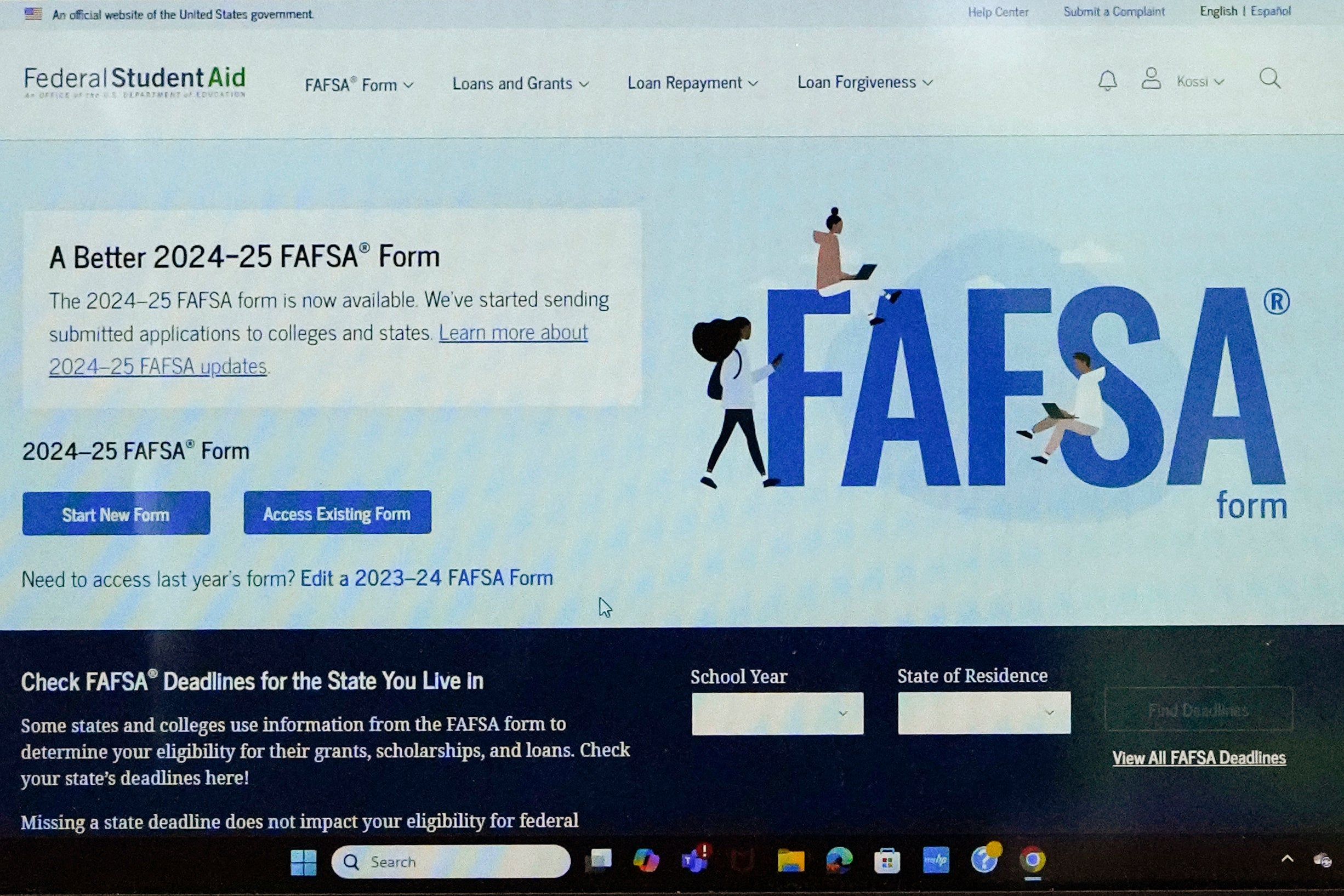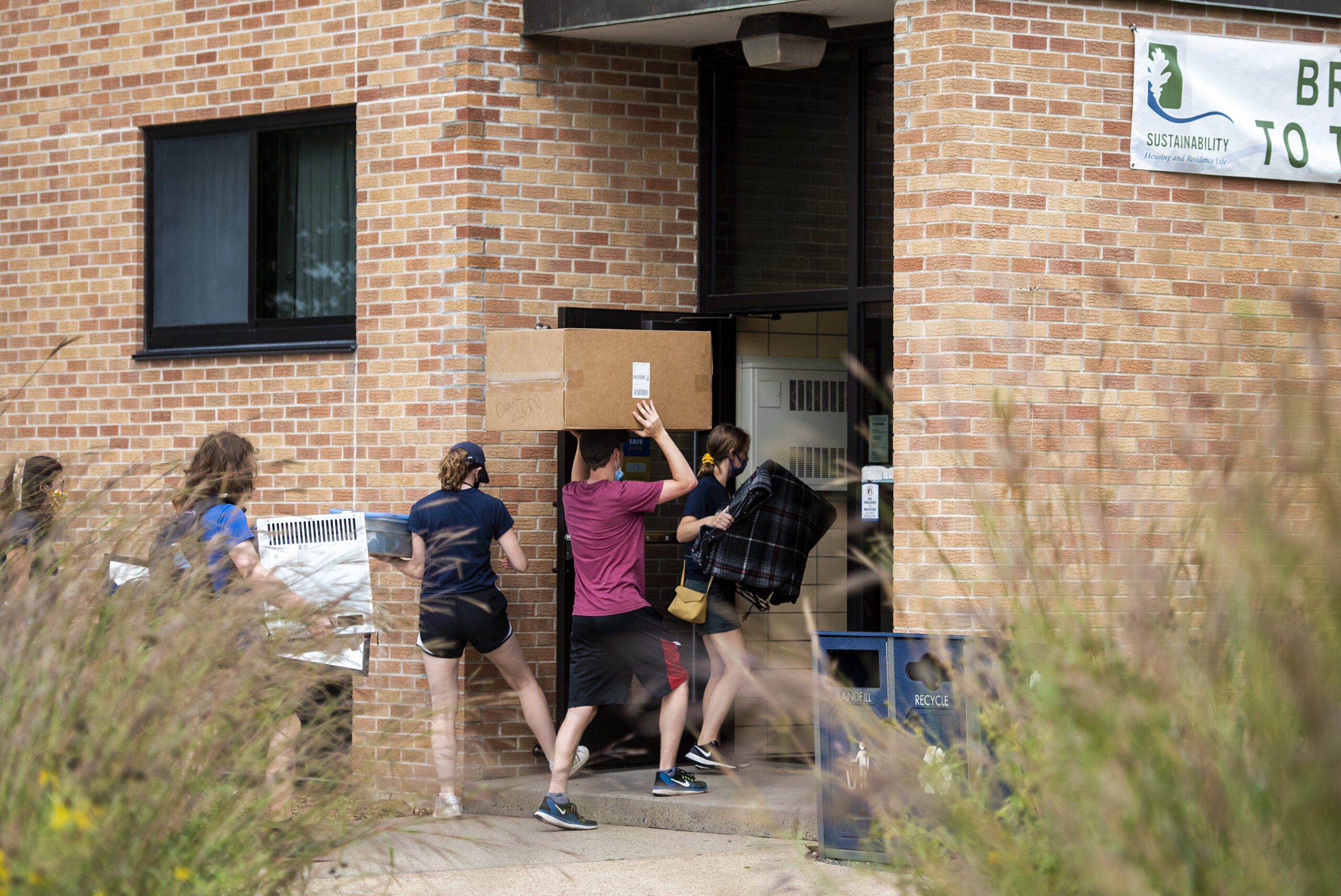High school senior Annabelle Tornio is looking for a college where she can explore her interests, and she’s already been accepted by several public and private universities in Wisconsin and Illinois.
According to her mom, Annabelle is considering studying pre-law, psychology, business or marketing.
But before the Milwaukee teen can decide which university to attend, Annabelle needs to know how much financial aid each institution can offer her. An ongoing delay in release of federal student aid information is keeping her — and students around the country — waiting.
Stay informed on the latest news
Sign up for WPR’s email newsletter.
Her mom, Stacy Tornio, said their family is in a “weird unknown period” with some underlying anxiety.
“You just kind of have to talk yourself down and say, ‘Well, it is what it is.’ You just have to wait,” Tornio said.
She said the waiting isn’t disrupting Annabelle’s day-to-day life, but it’s preventing her from putting “the next foot forward.” The family wants to decide on a school and move on.
Annabelle is one of the millions of students who are waiting for financial aid offers from higher education institutions.
The University of Wisconsin Madison and Marquette University usually send out financial aid packages as early as January. Those offers haven’t yet gone out this year.
The financial aid process was initially delayed due to the slow rollout of the new Free Application for Federal Student Aid, or FAFSA. It came out months behind schedule with miscalculations and technical problems.
Last week, the U.S. Department of Education announced another error in its calculations for federal student aid that will result in delays for as many as 200,000 applicants, according to NPR. The most recent error impacts dependent students with assets. It’s the latest of 15 outstanding issues.
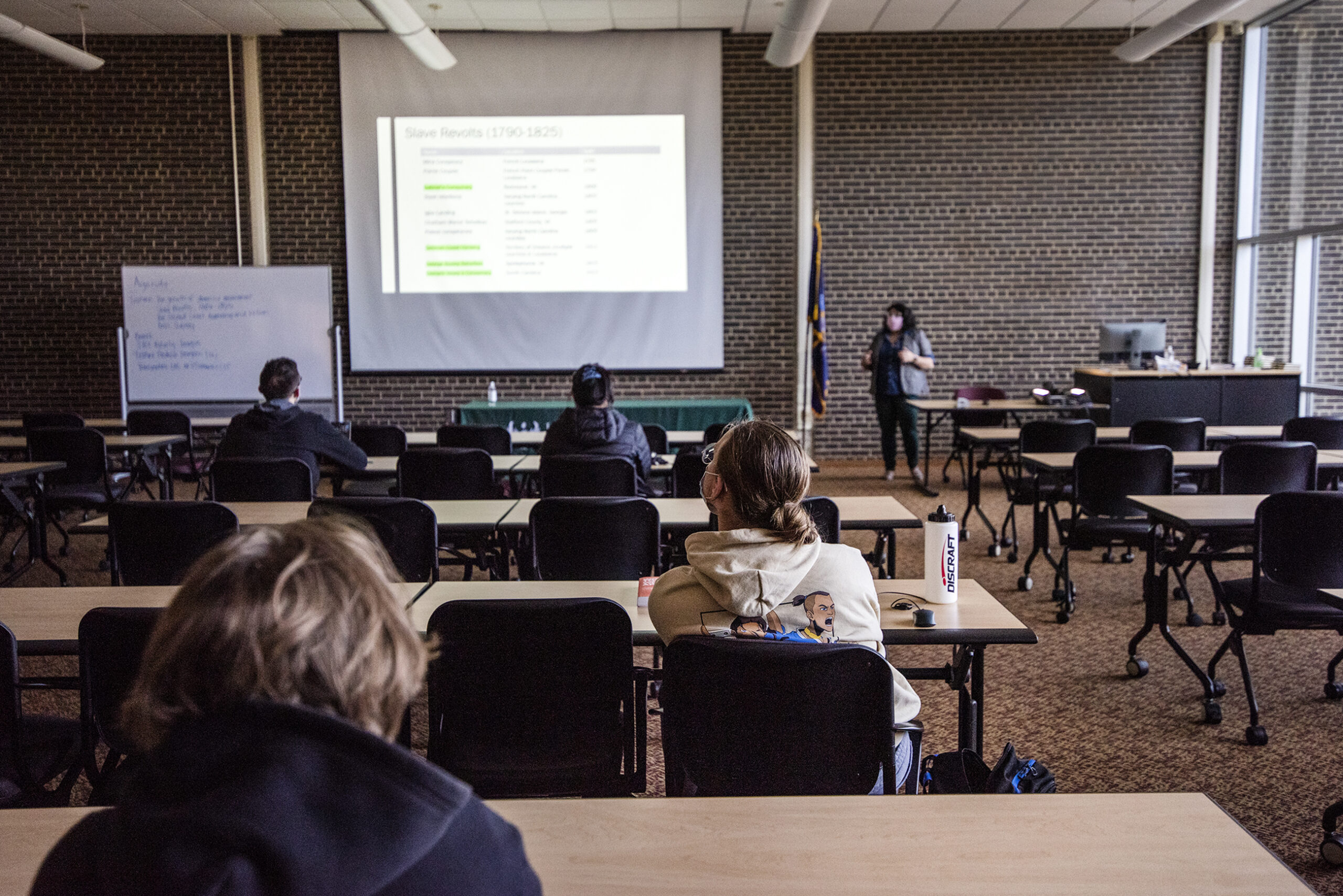
Universities apprehensive about sending out aid offers
Susan Teerink, associate vice provost for financial aid and enrollment service at Marquette University, said her office is in limbo as the errors are corrected.
“It’s very difficult to know what to do. And we have no answers. And we know families are anxious, and we want to help them,” Teerink said.
The U.S. Department of Education announced it has processed more than 1.5 million FAFSA applications and delivered records to the majority of schools, states, and designated scholarship organizations, after months of anticipation.
But more than 17 million students fill out the FAFSA every year.
Institutions told WPR they have far fewer files than they need. As of March 28, Teerink’s office had received approximately 7,800 student records. They typically have about 14,000 records this time of year.
Of the records institutions do have, many include errors like missing required tax information, education credits and signatures. The U.S. Department of Education says students and families won’t be able to correct their applications until a later date.
One solution the department offered to institutions was to calculate some aid packages by hand. Administrators say that’s unrealistic.
“It’s a huge task and it’s a complicated multi-step process that is potentially fraught with (human) error,” Teerink said.
Helen Faith, director of the office of student financial aid at UW-Madison, said she usually trusts the records the department sends to her office, but this year is different.
Members of Faith’s team may soon start to sift through individual records and pluck the ones that have the fewest number of errors to try and craft aid offers. She said the goal is to strike a balance between being accurate and being quick.
“A best practice is for students to have their aid offer as quickly as possible, after they know that they’re admitted so they don’t have to sit and wait with anxiety and wonder whether or not they can actually afford to attend the school they really want to attend,” Faith said.
Teerink said while some records could be used to create aid packages now, there is a fear of proceeding.
“If you’re going to send out a handful here and a handful there, you’re going to generate a lot of concern and questions and phone calls from the people who aren’t in those groups saying, ‘Hey, where’s mine?’”
All hands on deck
Faith’s office is operating at maximum capacity. Some of her staff are voluntarily working late nights and weekends. One colleague canceled vacation plans to work.
“That’s just very sad to me,” Faith said.
Financial aid administrators said this year’s errors could have a ripple effect; they worry FAFSAs for the 2025-26 school year could be delayed.
Tornio said she suspects Annabelle will be able decide on a school soon after she receives each of her financial aid packages. But until then, there is little the family can do.
“It’s an emotional time,” Tornio said. “College is getting more and more expensive and you want to be able to say yes to where your child wants to go to school.”
Wisconsin Public Radio, © Copyright 2025, Board of Regents of the University of Wisconsin System and Wisconsin Educational Communications Board.

